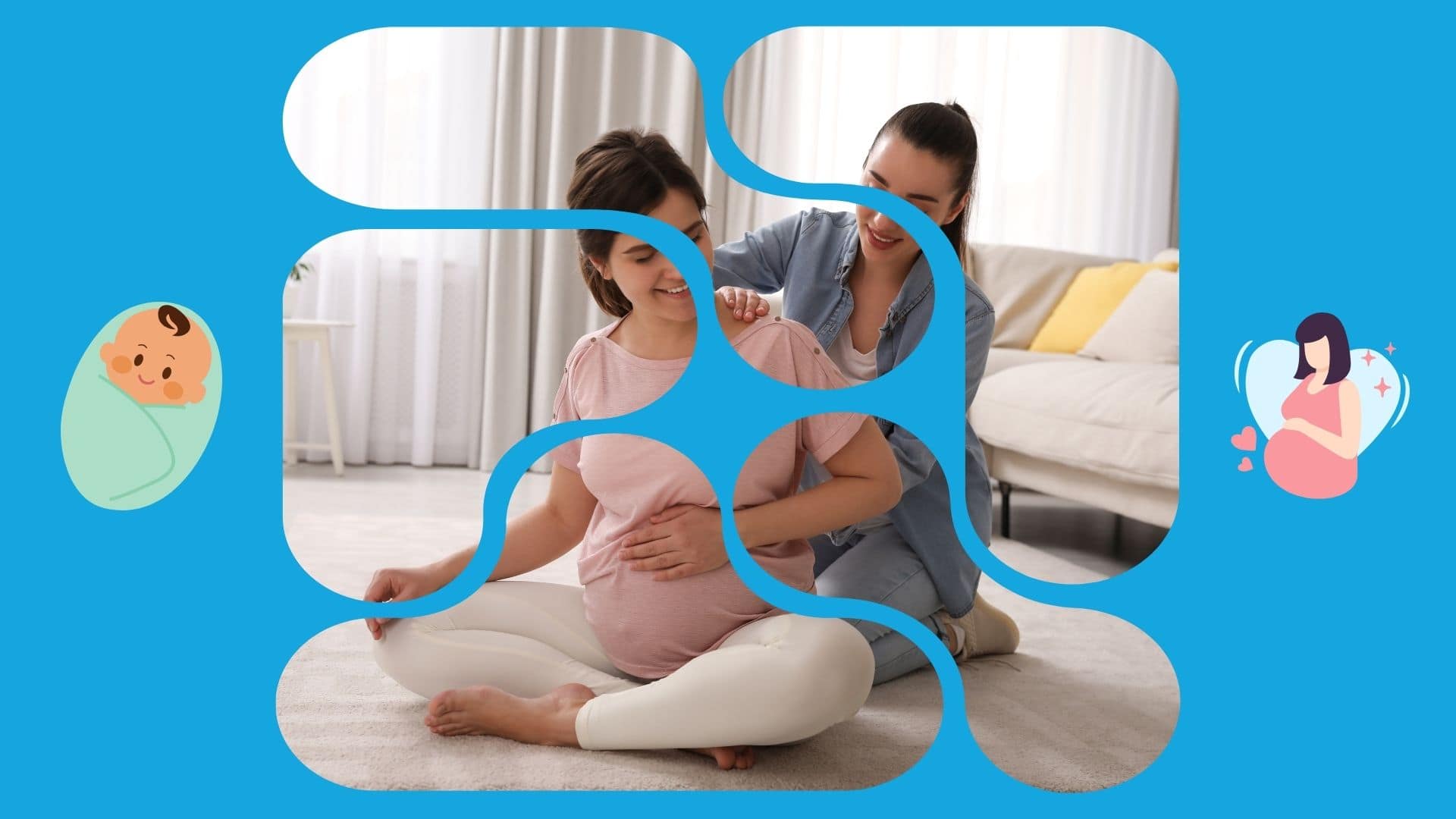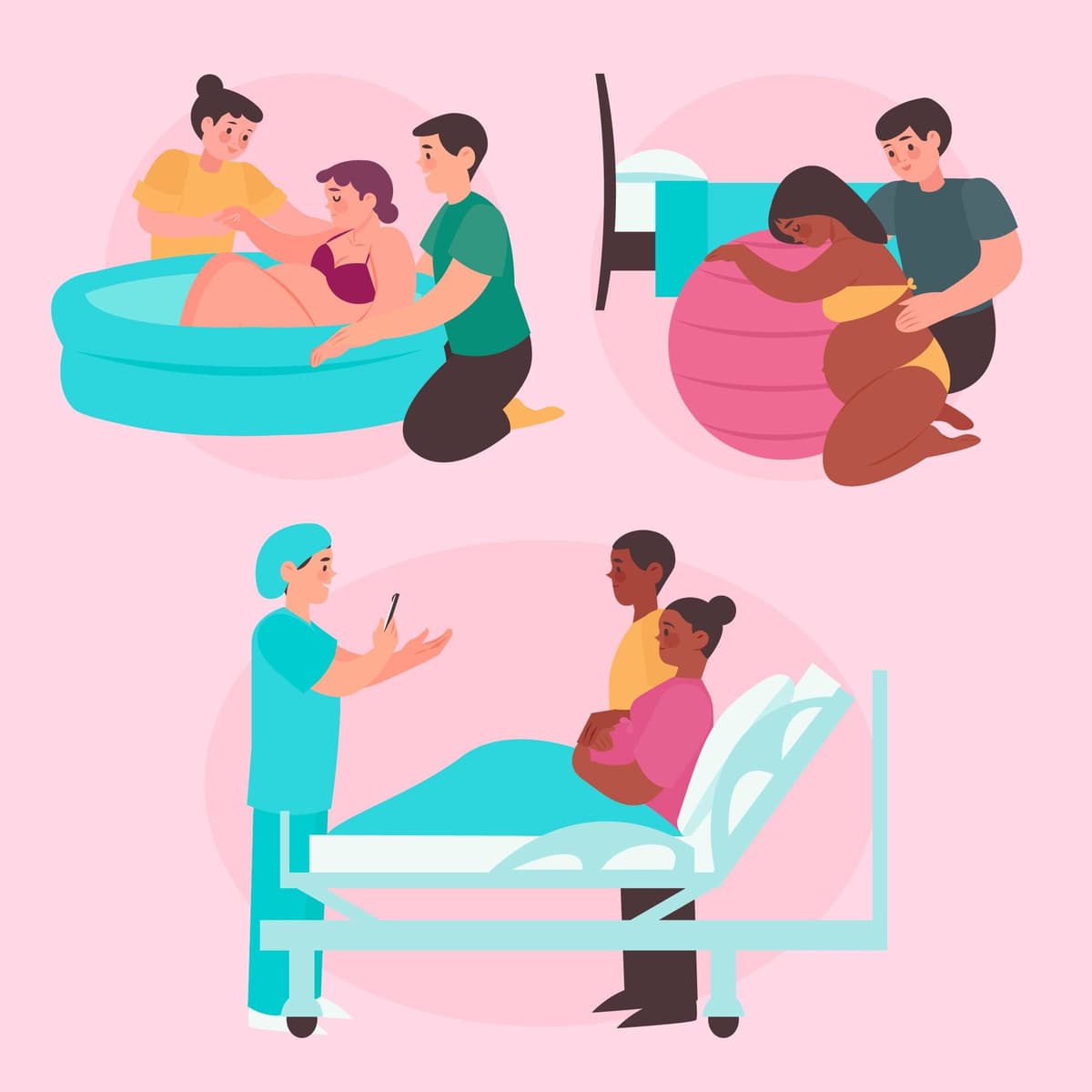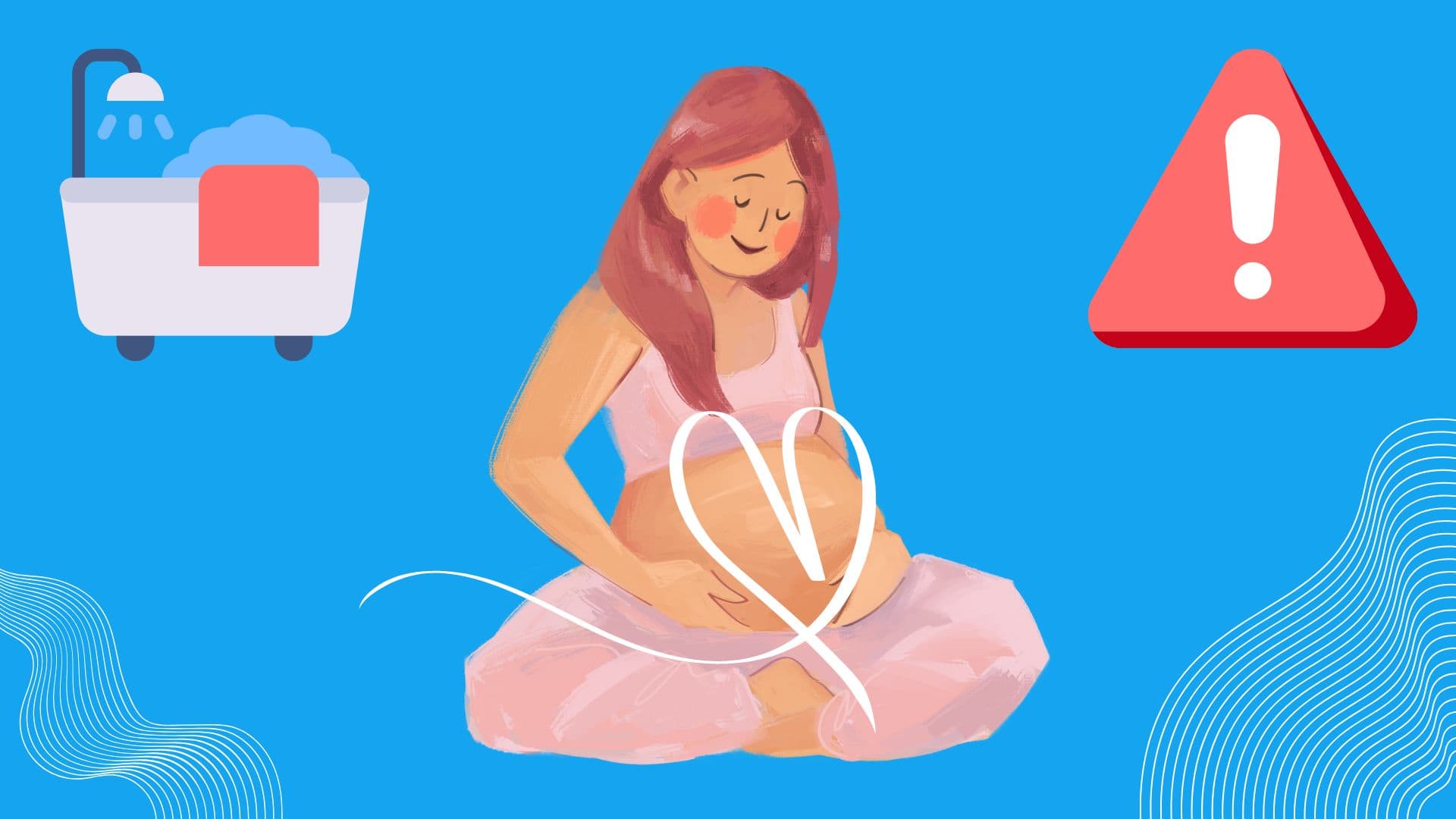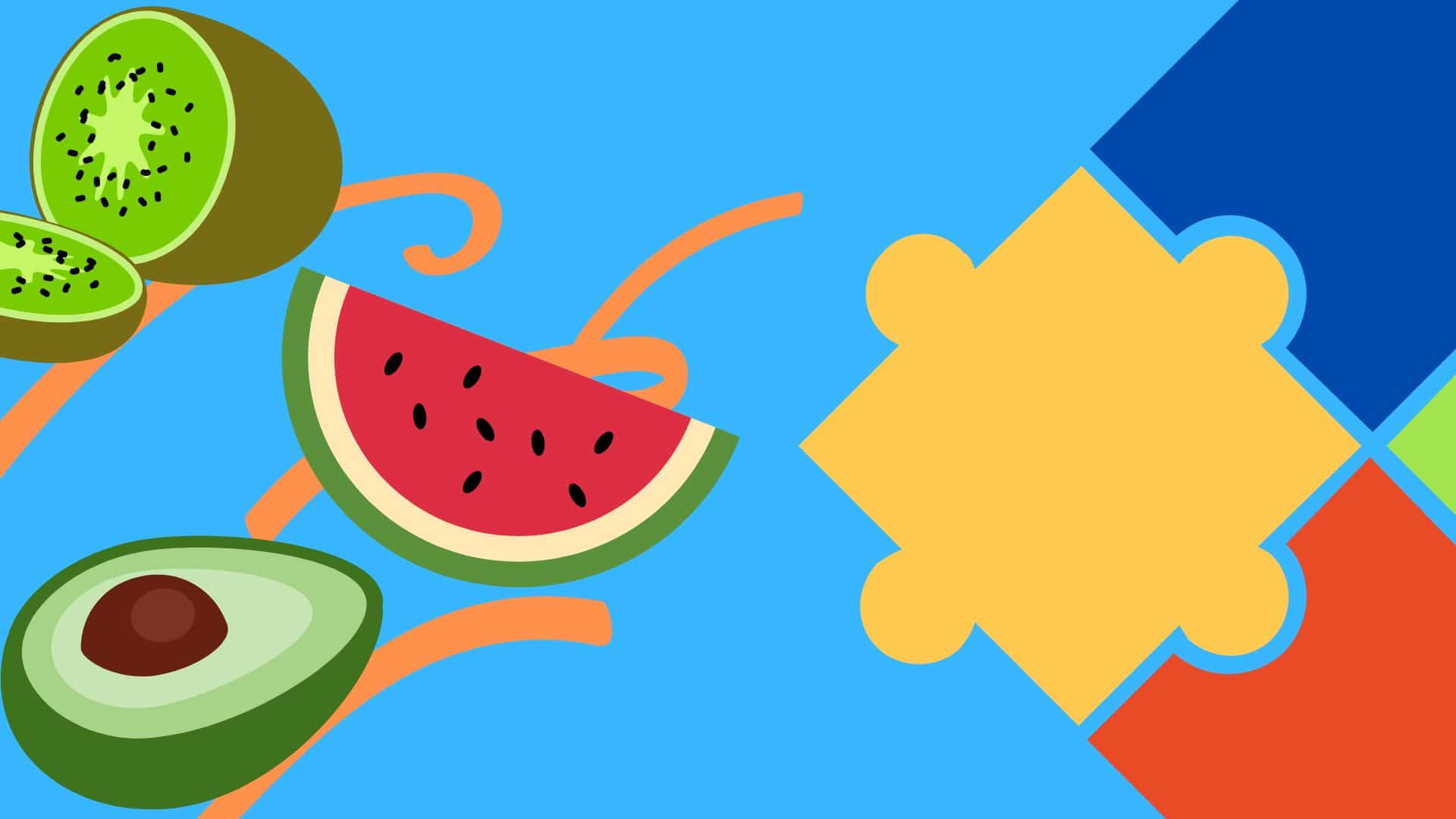
The entrance of new life into the world is truly an indescribable experience that is filled with a mix of emotions. It can also be quite nerve racking, especially for new expectant parents which is why a large number of individuals look for the support and guidance of a doula. Whether you’re an expecting parent or an individual who simply wants to learn more about doula’s, this blog will provide you with information such as the role and benefits of a doula, and how doula partnership can enhance your birthing experience as you welcome your bundle of joy.

A doula is a professionally trained assistant whose main purpose is to provide emotional, physical, and informational support to individuals during pregnancy and childbirth. Doulas offer nonmedical support during labor and these services include:
It’s important to note that different types of doulas provide specific services for specific needs.
Birth doula: A birth doula, the most common type, supports mothers during labor and childbirth by providing physical, emotional, and mental support.
Antepartum doula: This doula provides support and service to pregnant individuals during labor who experience a difficult and overwhelming pregnancy.
Postpartum doula: A postpartum doula supports families and individuals after childbirth and assists with emotional support, newborn care, household tasks, and assists with family transition. They guide how to cope with emotional challenges and how to care for an infant such as feeding and lactation support.
End-of-life doula: An End-of-Life doula is different compared to other doulas as it provides solace to individuals who face terminal illness or death. They offer resources to create a supportive environment for the person and their family.
These are just a few of a variety of doulas that serve different nonmedical purposes.
A doula and a midwife share similar commonalities such as acting in supportive roles, providing holistic care, and educating pregnant individuals. Due to the similarities, they are sometimes confused and referred to interchangeably. However, a doula is different from a midwife – midwives have authority and extensive qualifications to administer medical procedures, whereas a doula can only perform nonmedical holistic tasks.
A doula doesn’t normally need certification to practice. That said, the majority pursue training and certification to increase their skills and marketability. A doula certification program requires individuals to complete a specific number of training hours, observe births, and oftentimes pass assessments or fulfill other requirements to earn certification. Requirements vary, but most doulas receive similar foundations of education and training, with topics covering childbirth education, postpartum care, labor support techniques, and more. Several organizations offer doula certification programs such as ICEA (International Childbirth Education Association) and DONA International.
Midwives are required to be licensed and undergo extensive training and education to complete certification requirements. These certification requirements vary depending on the country, as well as the type of midwife, the most common in the U.S. being a Certified Nurse-Midwife (CNM). CNMs are registered nurses who have completed training in midwifery and graduate-level education. These licensed professionals provide various women’s health services such as labor and birth support, prenatal care, gynecological care, and primary care services.
Here are a few medical responsibilities midwives can perform that doulas cannot.
Clinical evaluation: Midwives can perform clinical evaluations of pregnant individuals which include fetal development monitoring, prenatal exams, maternal health assessments, and identification of complications or risk factors. Midwives can interpret and order diagnostic tests such as blood tests, urine tests, and ultrasounds.
Medical interventions: Midwives can provide medical interventions during labor, pregnancy, and childbirth if required. Intervention may include administering medications, performing procedures such as cervical exams, and assisting with childbirth delivery.
Intra and postpartum care: Midwives provide care for individuals during labor, childbirth, and after childbirth by facilitating the birth process and monitoring the health of both the individual and newborn baby.
These are just a few of several tasks that midwives can assist individuals with. Individuals may also choose to receive assistance from both a doula and a midwife as they provide different services.
A doula provides numerous benefits that help support the individual and families during childbirth. Here is a short list of the key benefits:
The continuous support of a doula can effectively contribute to a successful outcome in childbirth. Pregnant individuals are less likely to experience negative birth outcomes such as low birth weight and preterm birth and are more likely to experience a positive birth outcome through effective comfort measures and emotional support.
Low Birth Weight (<5.5 lb) Babies | Nondoula mothers | Low Birth Weight (<5.5 lb) Babies | Mothers with doulas |
|---|---|---|---|
8.6% | 128 | 2.1% | 97 |

There are various factors to consider when deciding whether or not a doula is right for you. These factors depend on your preferences, needs, and circumstances surrounding your pregnancy and childbirth.
Here are a few things to consider when determining if a doula is right for you:
Several other factors determine whether a doula would be effective for you and everyone has different needs that need to be met.

Hiring a doula is a great choice for expecting individuals and If you’ve decided that a doula would be right for you, the next step would be hiring a doula to support you during your childbirth journey. Here is a short step-by-step guide on hiring a doula:
Research: You can begin your hiring journey by researching potential doulas in your area through directories such as DONA International or DoulaMatch.net. You should also jot down your preferences and what exactly you’re looking for in a doula which may include training, experience, services offered, and more. You should then create a list of possible candidates to interview and seek advice and experience from healthcare providers.
Interview: Once you finalized your research and doula list, you should schedule interviews with them to get an opportunity to know them. A few topics you can ask include the type of training received, the number of births attended, previous experiences, fees and services, and availability around the due date. You should also voice your expectations and needs so that both parties will get a better understanding of the services needed and set any boundaries.
Contract: After you’ve interviewed and selected a doula, you will review and sign a contract that outlines the terms of agreements which include fees, services provided, payment schedule, and cancellation policy.
Maintain contact: You should keep in contact with your doula and provide any updates on your pregnancy and other changes. If offered, you should also attend prenatal meetings with your doula to discuss comfort measures and birth preferences.
Prepare for childbirth: You should start preparing for childbirth by creating a comfortable and supportive environment that aligns with your preferences. Developing a birth plan is also an excellent idea as this will allow you to outline your needs for labor, delivery, and postpartum care.
These simple steps will help you find and hire a doula who can provide the best guidance and personalized support for you.
A doula can play a positive and supportive role to pregnant individuals and families in enhancing childbirth. The various services provided such as physical, emotional, and informational support and guidance will help you navigate your pregnancy journey. Doulas are an important part of childbirth experiences for mothers and continue to evolve.

Hot tubs have long been a source of relaxation and social gathering, providing a warm and soothing escape from the stresses of everyday life. However, the relationship between hot tub usage and pregnancy has been a topic of concern and curiosity for many. As expectant parents seek to ensure the health and well-being of their …

Navigating the food landscape for individuals with autism presents formidable challenges. These challenges are compounded by food aversions, sensory sensitivities, and behavioral complexities that can make the simple act of making or ordering food a lot more difficult. Expert research underscores prevalent issues such as tantrums, extreme food selectivity, and nutritional deficiencies among those on …

When catastrophic events such as natural disasters, mass shootings, or acts of violence unfold, children can be left feeling confused, scared, and stressed. Understanding that children respond differently to such situations is crucial. Today, we’ll explore strategies for effectively handling and supporting children as they process these tragedies. Understanding children’s responses to tragedy Children respond …